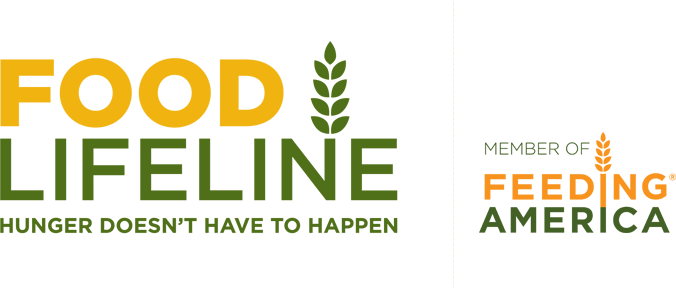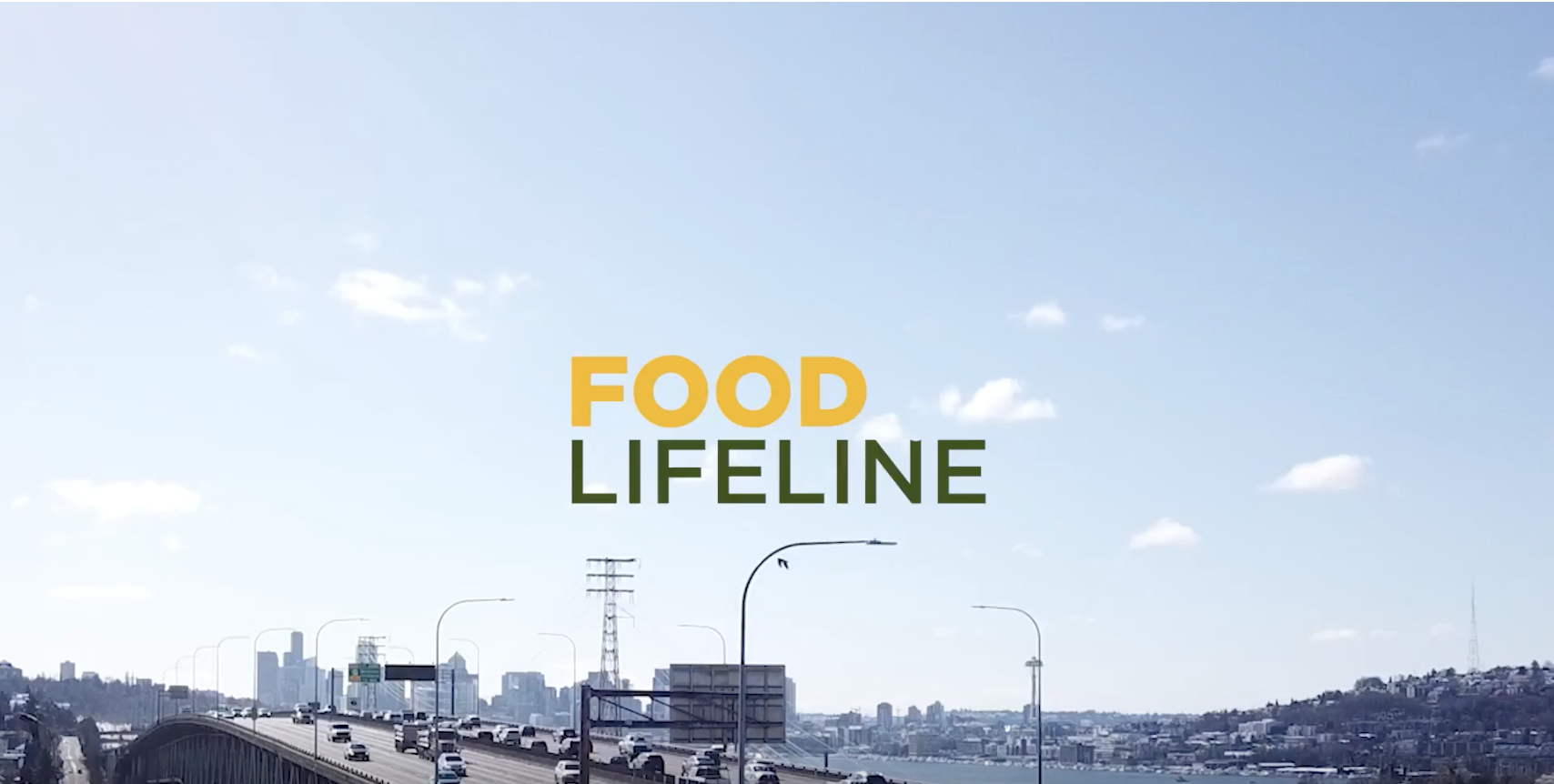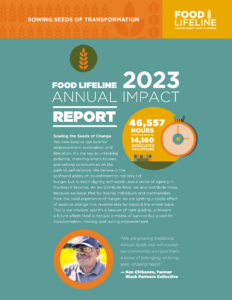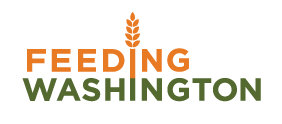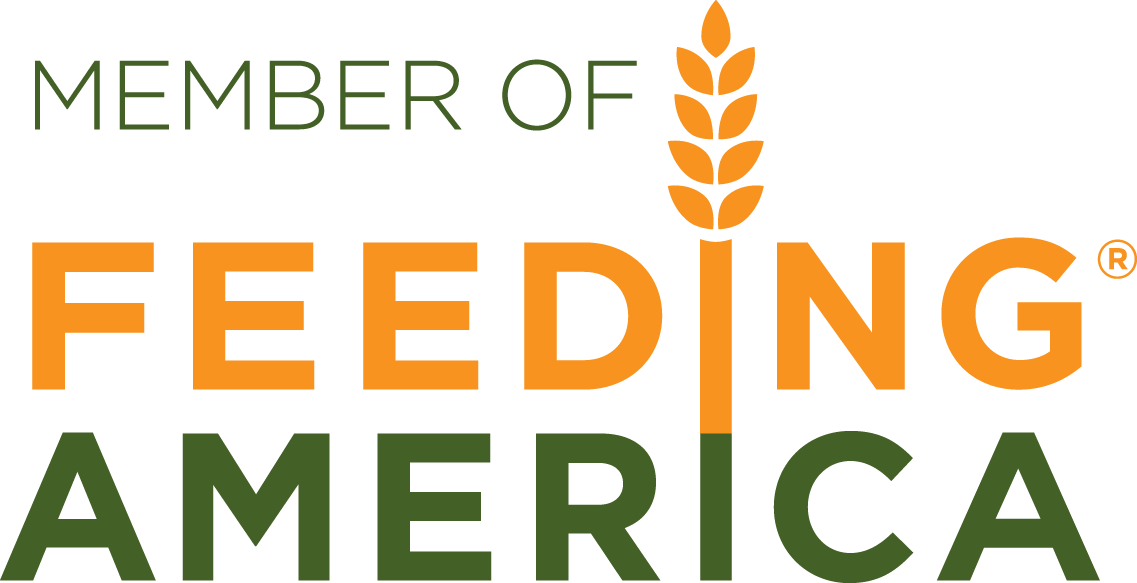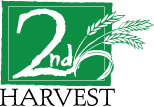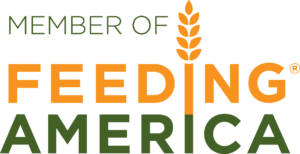Food Lifeline is on a mission to end hunger in Western Washington. We believe that access to food is a basic human right and that nobody deserves to be hungry. Food Lifeline provides nutritious food to 1.37 million people facing hunger by sourcing nutritious food from a variety of food industry partners. We distribute through a network of 350 food banks, shelters, and meal programs, enabling us to provide the equivalent of more than 282,000 meals every single day. At the same time we are working to end hunger for the future by addressing its root causes, including poverty, racial inequity, and social injustice. We do this through advocacy efforts to shape local, state, and federal policy, by partnering with organizations that are addressing other causes of poverty, and through engagement and bundling food assistance with other community-based programs and services.
SOLVING HUNGER
FEEDING PEOPLE FACING HUNGER TODAY
Direct Distribution
Direct distribution involves pairing partner agencies with local food sources. For example, we create and manage partnerships with grocery stores that allow our partner agencies to pick up food directly from the source.
Online Ordering and Pickup
This system allows partner agencies to “shop” our warehouse online. Our warehouse team then pulls these orders and packages the food for dockside pickup.
Mobile Food Programs
Food Lifeline delivers food to several untapped areas across Western Washington. These include rural food banks, urban “food deserts”, senior housing agencies, and school food programs. We also deliver to regional distribution hubs, who then work with several smaller food banks and meal programs.
We like to say, “When we take to the highway, hunger has nowhere to hide”.
SOLVING HUNGER FOR TOMORROW
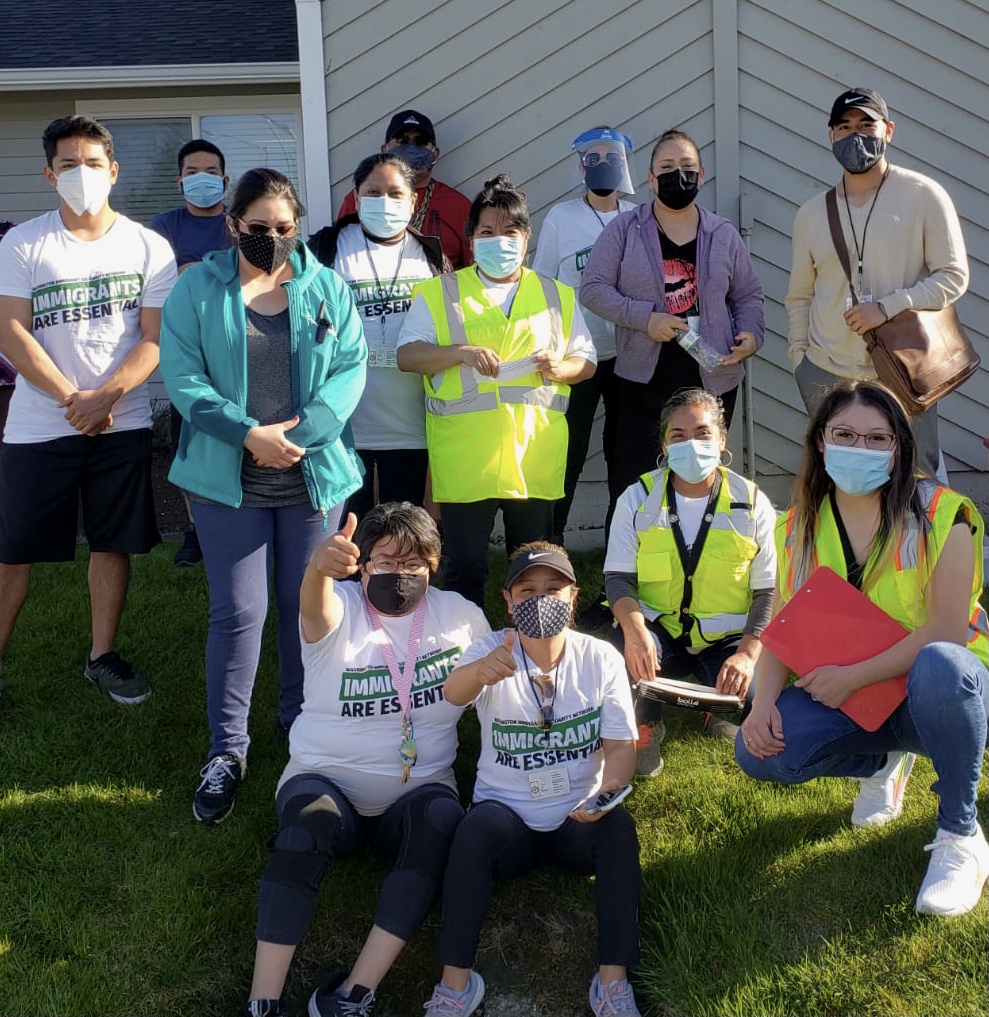
Investing in Community Led Hunger Solutions
At Food Lifeline, we believe that people who have experienced or are currently living with food insecurity are truly experts in what it takes to solve hunger. Yet food assistance programs are often created without the input of those with lived experience. We know all our work is made stronger by working in partnership with community organizations and listening to people who daily face hunger. Hunger and its root causes – poverty, racial inequity, and social injustice – are too big for any one person or organization to solve, but working together, we can make incredible change happen.
Through grant-funded research, we know that seven counties within our 17-county service area, have the highest levels of racial disparity and disproportionate levels of food insecurity. We’re building a network of local Food Access Specialists in these counties to work alongside existing and emerging programs to help co-create and invest in community-led food assistance programs, often bundled with other programs and services.
Getting the Right Food to the Right Places
Western Washington is home to thriving, diverse, communities. Through our network of 350 food pantries, meal programs, and shelters, we are working to better understand our agencies needs to truly source the right foods. It’s not enough to simply deliver food. We want to get the right foods to the right communities. In addition to pantry staples, we are diversifying our food streams, from growers, to food donor partners, and in purchases we make.
By securing and distributing these traditional and culturally desired foods, we are recognizing the dignity and diversity of our clients facing hunger.
We continue to listen and learn from our clients and agency partners to understand which foods are most desired, like fresh produce and nutritious proteins. We will then infuse our food streams with these same items to ensure that the food we distribute actively reflects those who live within our communities.
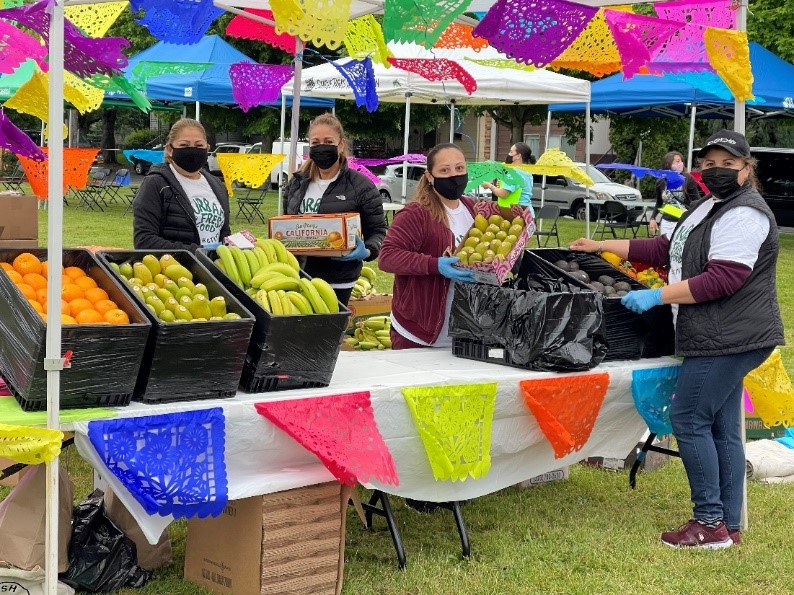
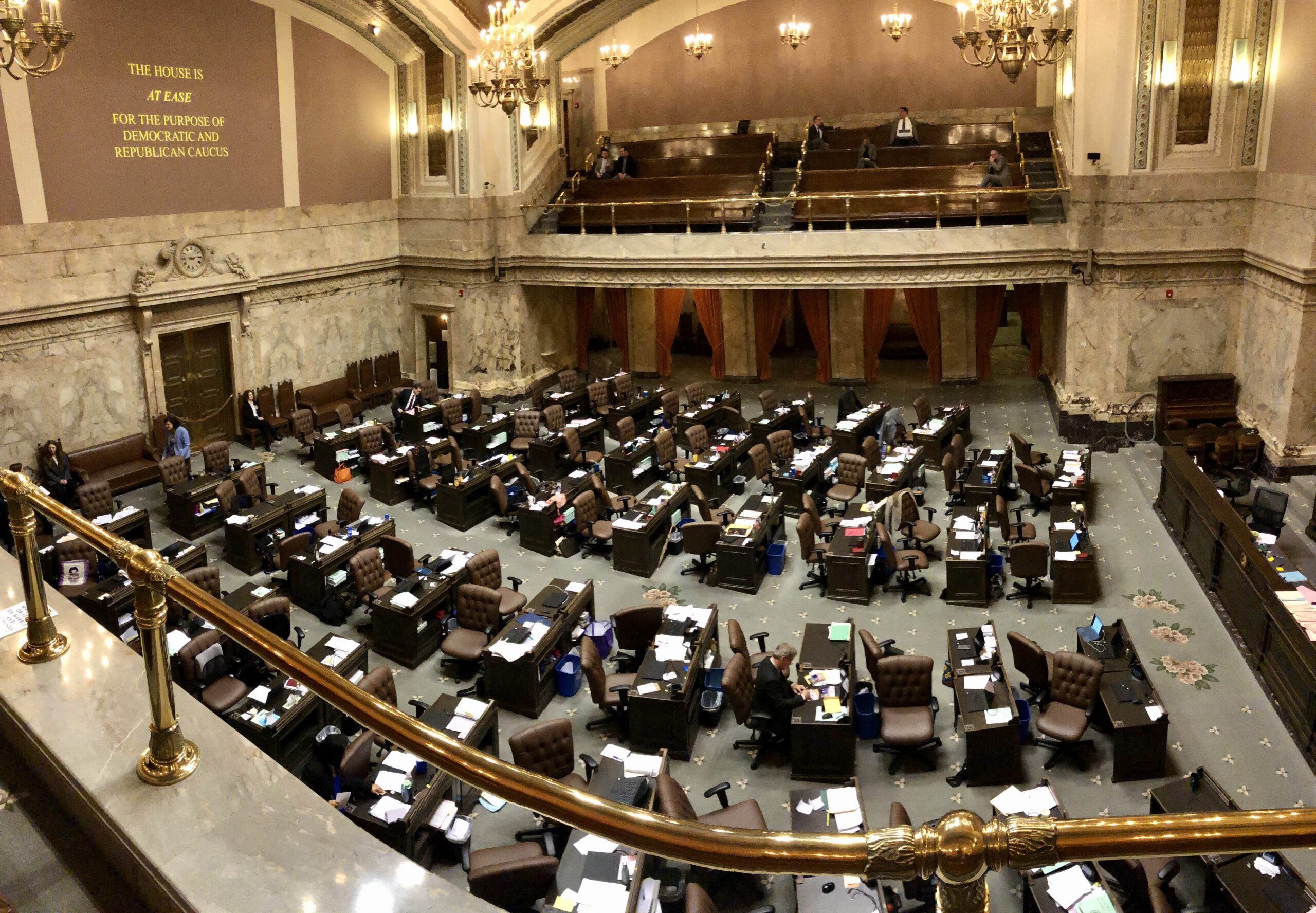
Building the Movement to End Hunger
We know the most effective way to end hunger is to advocate for government, community, and business resources to help resolve issues; effective public policy has the power to do just that.
Our advocacy work focuses on policies that break down barriers and secure new investments for hunger relief, while also protecting successful safety net programs, such as the Supplemental Nutrition Assistance Program (SNAP), and free and reduced school meal programs. These local, state, and federal programs don’t just happen. They are the byproduct of relentless grassroots and policy efforts to raise awareness and amplify the voices of those experiencing food insecurity and its root causes.
We're Making Every Dollar Count
Whether you’re supporting Food Lifeline with your time, funds, or voice, we want you to know the current state of our combined efforts to end hunger in Western Washington.
That’s why we produce our annual Impact Report—to give our community an update on who we’re serving and how it’s helping, and to show the overall health of our organization.
The Annual Impact Report highlights the work we’re only able to do with your continued support.
See how your contribution makes an impact!
Audited Financial Statements
Food Lifeline is a 501(c)(3) charitable nonprofit organization registered with the Washington State Charities Program as required by law. EIN 91-1090450. Information may be obtained by calling 800-332-4483 or 360-725-0378.
In accordance with Federal law and U.S. Department of Agriculture policy, this institution is an equal opportunity provider.
Full USDA Non-discrimination Statement | Spanish Translation
We Love Being Partners
Food Lifeline is a member of Feeding America, the country’s fourth largest non-profit organization, and the national leader in hunger relief. This allows us to leverage the resources of more than 200 food banks across the country, taking advantage of hunger-ending best practices, sharing relationships with national food brands, and sharing food surpluses from sister agencies throughout the country.
In 2011, Food Lifeline joined with Second Harvest Food Bank of the Inland Northwest to form Feeding Washington, a separate non-profit organization. Working closely with Washington’s agricultural community, Feeding Washington sources “unmarketable” produce on a statewide scale and helps supply its members with a greater quantity, variety, quality, and regularity of food donations at the lowest cost. Last year, Feeding Washington sourced more than 42.3 million pounds of fresh produce.
